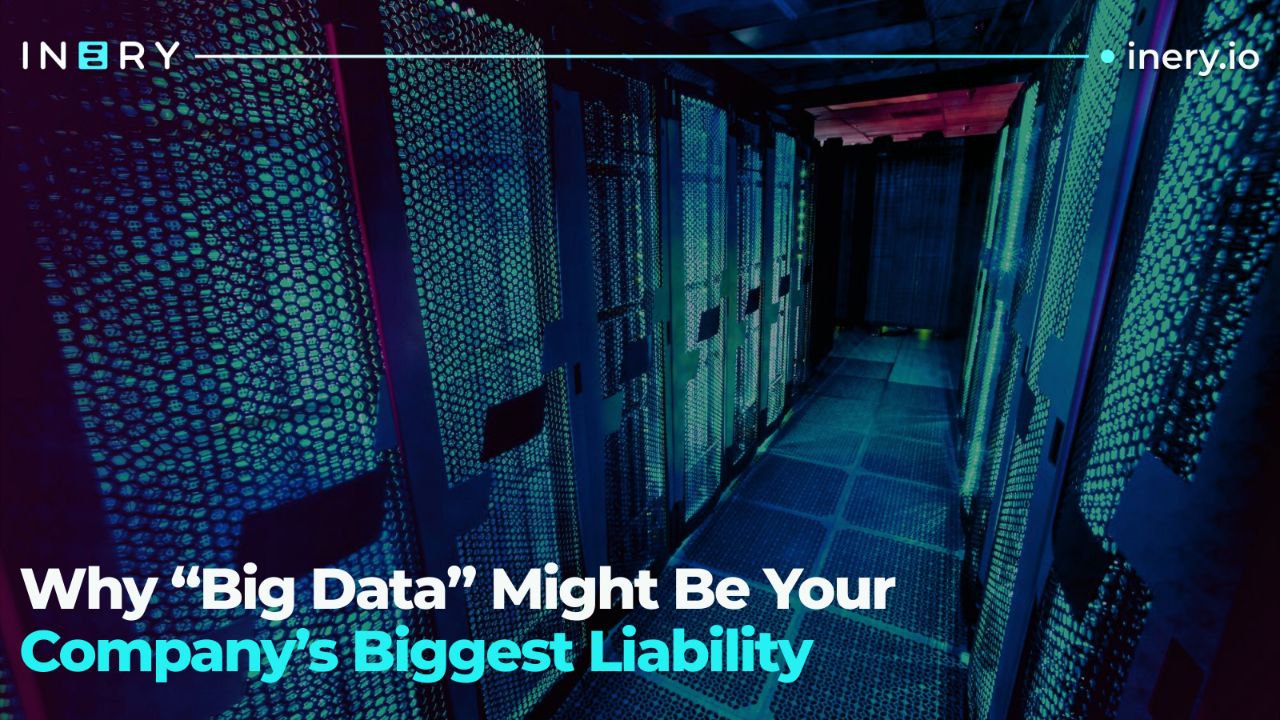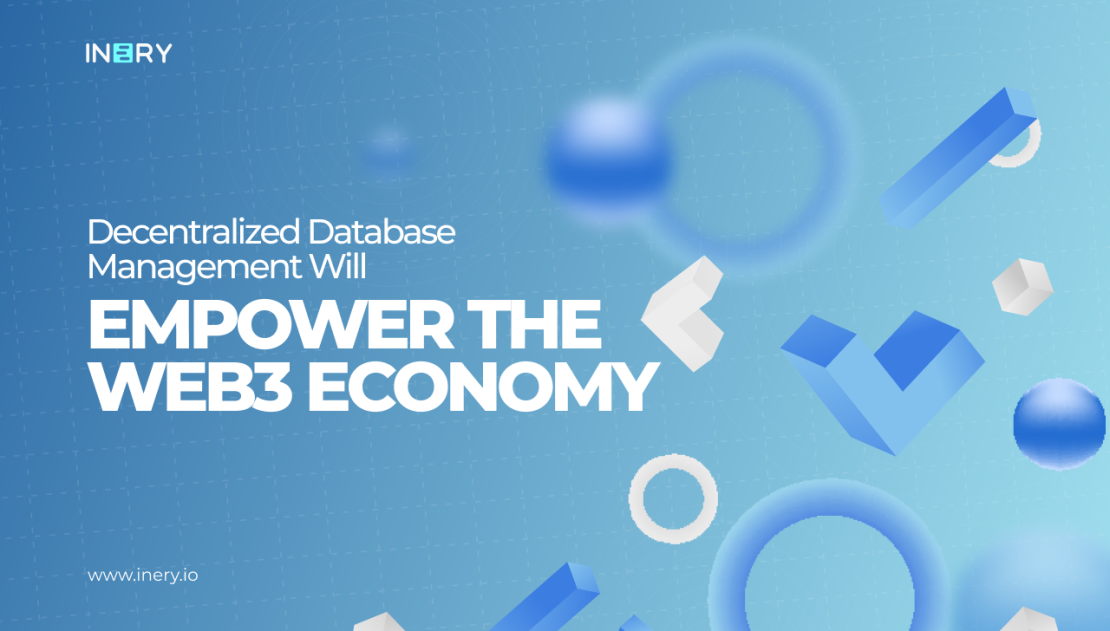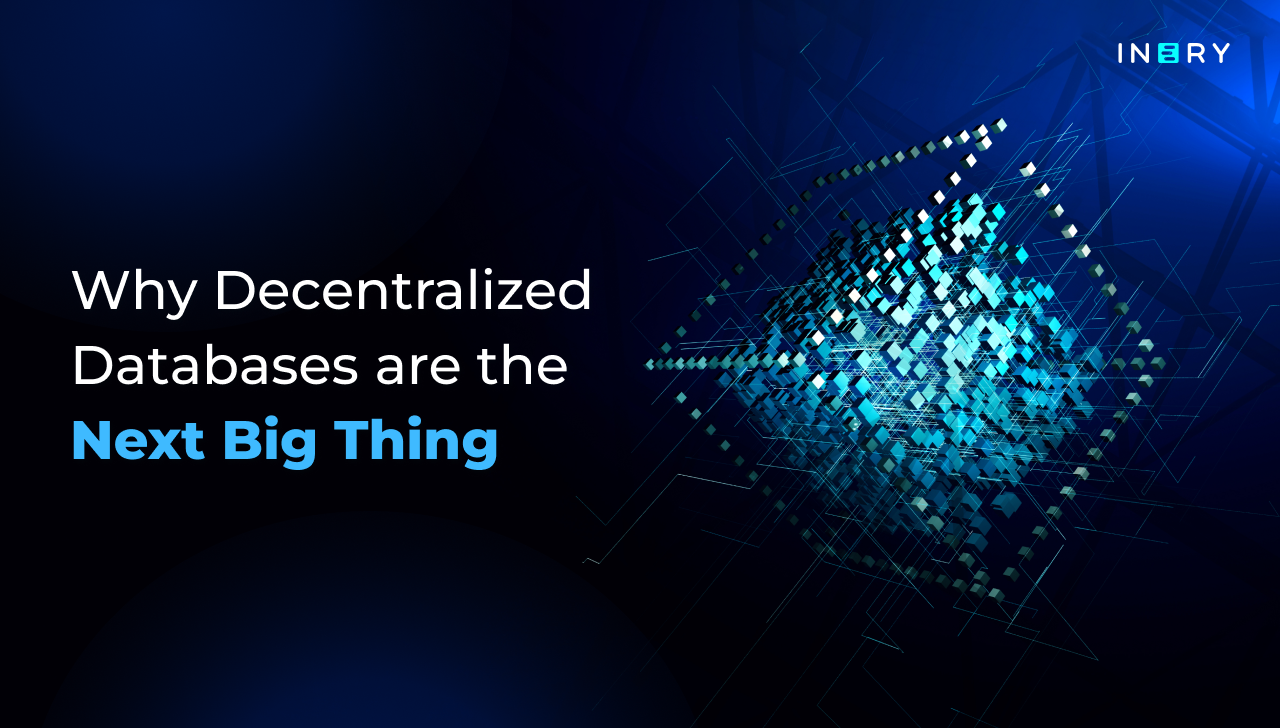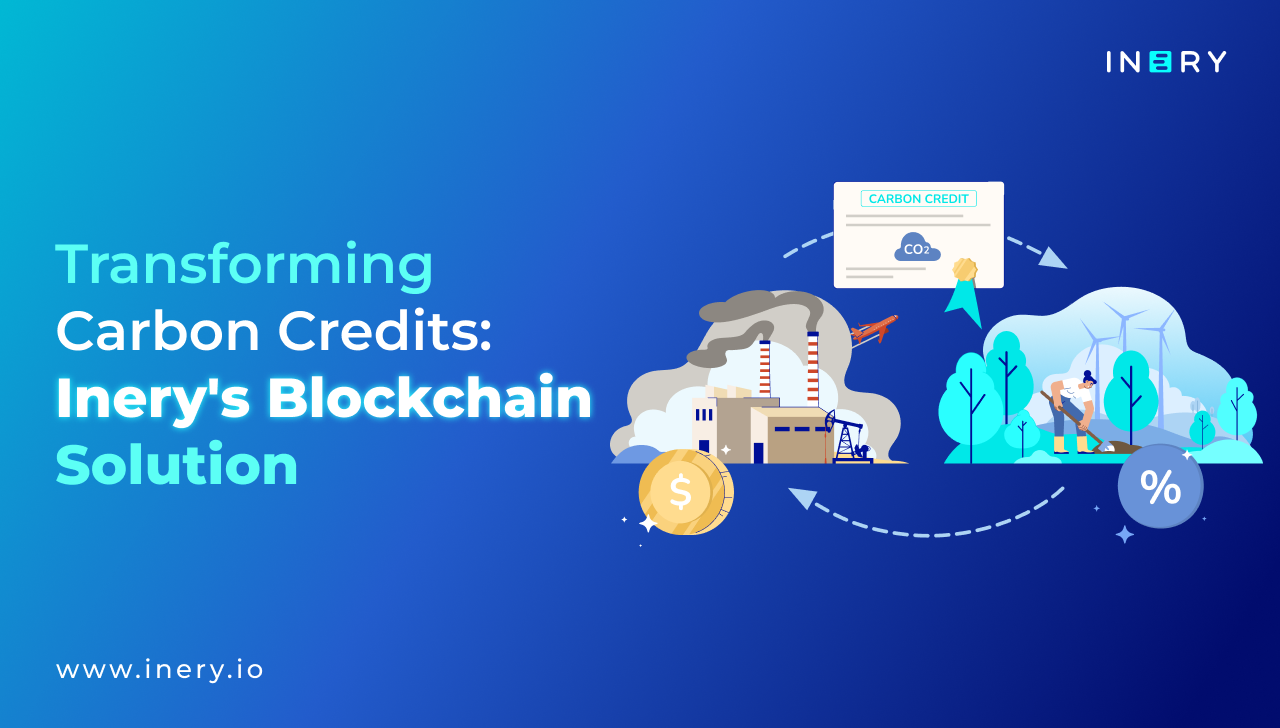In the effervescent world of digital music, an industry that's been both a benefactor and a victim of the internet age, a discordant note persists—one that's often overlooked amidst the dazzling array of streaming services and global accessibility.
This note stems from a systemic issue deeply ingrained in the industry: the inequitable distribution of music royalties.
The Streaming Paradox: Vast Reach, Minimal Rewards
While platforms like Spotify have indeed revolutionized the way we consume music, bringing a universe of songs to our fingertips, they have also given rise to new challenges. At the heart of these is the question of fairness in compensation.
For many artists, especially the less established ones, the journey through the world of digital music royalties is akin to navigating a labyrinthine maze, often emerging with rewards that seem disproportionately small compared to their contributions.
Consider Spotify, a titan in the streaming industry, whose payout structure has been a point of contention. Reports and studies suggest that artists receive a fraction of a cent per stream. This model, while profitable for the platform and a select few top-tier artists, leaves a vast majority of musicians grappling with financial uncertainty. The incongruity between the volume of music consumed and the compensation received by those who create it has sparked a growing dissonance within the industry.
Tuning into Solutions: Blockchain's Crescendo in the Music Industry
As the ripples of discontent about royalty distribution widen, the music industry, known for its creativity and innovation, is actively seeking solutions. One such revolutionary solution lies in the realm of technology—specifically, blockchain. This technology, often associated with cryptocurrencies, offers a beacon of hope for redefining royalty management in the music industry.
What is Blockchain?
At its core, blockchain is a decentralized ledger technology. Unlike traditional centralized systems, where a single entity has control over the data, blockchain distributes the data across a network of computers, making it nearly impossible to tamper with. This inherent security and transparency of blockchain make it an attractive proposition for managing music royalties.
Blockchain's Role in the Music Industry
Blockchain's potential in the music industry extends far beyond mere secure transactions. Its ability to create a transparent and unchangeable record of ownership and rights distribution is a game-changer. This means that every time a song is streamed or downloaded, the information is immutably logged, ensuring that the rightful owners are identified and compensated accordingly.
Inery: Pioneering a Decentralized Approach
In the grand orchestra of blockchain solutions, one player, Inery, emerges with a distinct tune. This decentralized database management system represents not just technological advancement, but a paradigm shift in how music royalties can be managed, distributed, and tracked.
Inery's core strength lies in its decentralized database management system. Unlike traditional centralized databases, Inery operates on a network of distributed nodes. This structure ensures that data is not stored in a single location, thereby enhancing security and reducing the risk of data manipulation or loss. For the music industry, this translates to a reliant and tamper-proof system for managing royalty data.
Automating Royalty Distribution with Value Contracts
A critical component of Inery's offering is its integration of value contracts. These digital contracts execute automatically when predetermined conditions are met. In the context of music royalties, value contracts can be programmed to automatically distribute payments to artists and rights holders as soon as their music is played. This automation eliminates the need for intermediaries, thus reducing delays and errors in payment distribution.
Ensuring Transparency and Fairness
Transparency is another cornerstone of Inery's approach. By leveraging blockchain, Inery provides an immutable ledger of transactions. This means every play, download, or use of a song is transparently and permanently recorded. Artists and stakeholders can thus track the usage of their work in real-time, ensuring they are fairly compensated for every use.
Potential Impact on the Music Industry
The potential impact of Inery's system in the music industry is substantial. It could revolutionize the way royalties are handled by:
Reducing delays in payments to artists.
Minimizing disputes over royalty distributions due to transparent and traceable transactions.
Empowering artists with real-time data about their music's usage and earnings.
Conclusion
Inery's blockchain-based solution presents a symphony of possibilities for resolving longstanding issues in music royalty distribution. By harnessing the power of decentralized database management and value contracts, Inery could play a pivotal role in ensuring a fairer, more transparent, and efficient system for all parties in the music industry.

Inery•
3 years ago
Inery: From a Developer’s Perspective
The technical dynamic aspects of the Inery blockchain. ...READ MORE

Share

Inery•
3 years ago
How to Become an Inery Validator?
Validators are an integral part of every blockchain. But, what exactly is a validator, and how do you become one for Inery? ...READ MORE

Share

Inery•
8 months ago
Why “Big Data” Might Be Your Company’s Biggest Liability
Big data offers big opportunities, but also big risks. Understand why data can become your biggest liability and how Inery helps businesses securely manage these challenges. ...READ MORE

Share

Inery•
3 years ago
How Decentralized Storage And Database Management Providers Will Power The Web3 Economy
Empowering web3 with decentralized storage and database management services. ...READ MORE

Share
Most popular today



